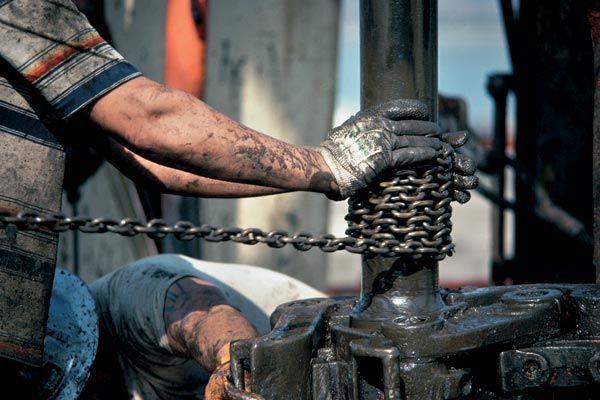
KASHAGAN NEED LONGER

The oil companies behind the $50bn Kashagan oil project in the Caspian Sea will not be able to raise production to a million or more barrels a day as planned unless they can extend the life of the contract, a person familiar with the project said.
The current production-sharing contract expires in 2041, but huge delays to the start-up of the field, the largest outside the Middle East, mean the companies will have much less time to recover their costs than initially anticipated.
"The [Kazakh] government understand that the consortium would need an extension of the contract to put additional investment in the project," the person said. However, such a process would probably involve years of hard bargaining with the authorities in Astana, the capital.
He was speaking a week after Kazakh ministers confirmed to the FT that start-up of Kashagan, already billions over budget and way behind schedule, will be delayed by as much as two years while 200km of pipeline is replaced.
It is the latest in a series of setbacks for the field, which was supposed to start producing nine years ago but has been plagued by delays and cost overruns.
Discovered in 2000, Kashagan was the world's largest oil find in 30 years. The consortium developing the field, which includes ExxonMobil, Royal Dutch Shell, Total SA, Eni and CNPC of China, had planned to ramp up output to 1.5m b/d, which would have turned Kazakhstan into one of the world's largest oil producers.
But the challenges facing the oil companies were huge. Kashagan's oil is contained in an extremely high pressure reservoir and mixed with lethal levels of hydrogen sulphide or H2S, while the northern waters of the Caspian are prone to devastating ice drifts in winter that can crush an oil rig. As a result, Kashagan's production facilities had to be built on a series of costly artificial islands far out at sea.
Kashagan briefly started producing oil in September last year, only to shut down a few weeks later due to a leak in a gas pipeline connecting the oilfield to the shore.
An investigation revealed issues with the welds on the pipeline, and more minor ones on a parallel oil line. The root of the problem was identified as "sulphide stress cracking", a form of corrosion caused by Kashagan's H2S. Last month, the Kashagan operating company said both lines would now need to be fully replaced.
The person familiar with the project said there would now be no production in 2014, and only a little in 2015, while in 2016 output should ramp up to 350,000 b/d.
The original plan to take production to 1.5m b/d is unlikely to be realised, and instead the companies will probably aim for small, incremental increases in output.
He said the operator had already asked suppliers for quotes for two new 28-inch pipelines and had secured one of the two barges needed to lay them. He said it would present the Kazakh government with details of costs and timing next month. Costs of replacing the pipeline would probably not be recoverable under the Kashagan contract, he said.
wsj.com





